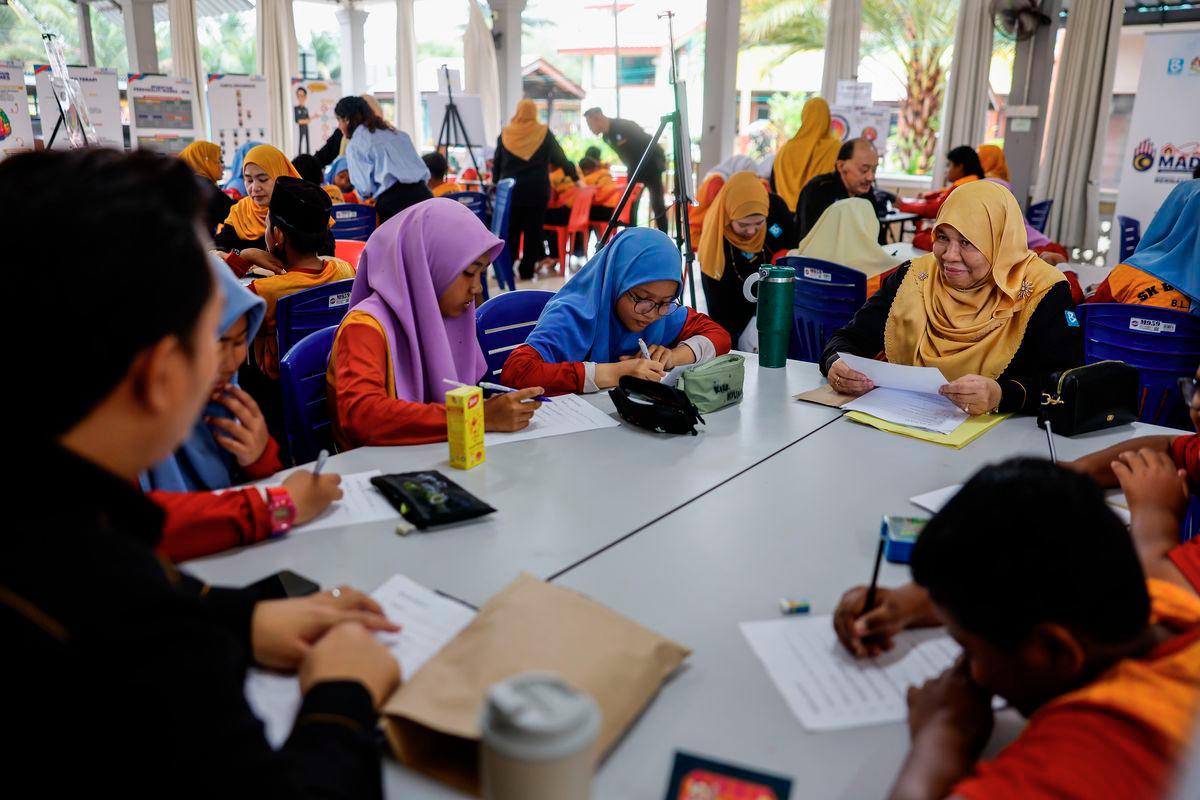EDUCATION is not only about academic achievement but also about nurturing the holistic development of children.
Schools shape the future of young people, yet many students face challenges that extend beyond the classroom, such as poverty, abuse, neglect, truancy and mental health difficulties, hindering children’s ability to learn and thrive. While school counsellors provide essential guidance and support, their scope is limited to counselling and academic advice.
To address the growing complexity of student needs, professional school social workers are necessary.
Schools are often the first institutions to identify cases of abuse or neglect. For example, a child who comes to class with repeated bruises or signs of malnourishment requires immediate protection.
Teachers and counsellors may be aware of the issue but lack the training to intervene. A social worker, however, can act as a child protection officer, reporting cases in line with the Child Act 2001 (Act 611) and ensuring referral to the related agency for follow-up action.
Socioeconomic hardship is also one of the main barriers to education. Students from low-income families often struggle with transport, uniforms and food security, leading to absenteeism or dropout. Social workers can play a critical role in linking these families to assistance under welfare schemes, zakat institutions and NGO support, thereby reducing inequality and promoting equal access to education, in line with the goals of the Malaysia Education Blueprint 2013–2025.
Mental health challenges are another pressing concern. Rising cases of depression, bullying and self-harm among students highlight the urgent need for expanded support. While counsellors can provide guidance, social workers can go further by offering case management, crisis intervention and referrals to community mental health services, such as those under the Health’s Ministry’s mental health programme. This aligns with the National Mental Health Policy 1997, which emphasises inter-agency cooperation.
Problems such as truancy, bullying and substance abuse are often symptoms of deeper family or social issues. For instance, a child who repeatedly skips class may be experiencing parental conflict or neglect. Social workers are trained to conduct home visits, counselling and mediation, addressing the root causes of behavioural challenges. This approach complements the Safe School Policy (2002), which encourages holistic intervention.
For Malaysia to benefit, the government must formally create school social worker positions under the Education Ministry, starting with schools in urban poor and rural areas.
The challenges faced by students today cannot be solved through academics alone. Poverty, abuse and mental health struggles demand professional intervention. Embedding social workers in schools gives every child the chance to learn, grow and be protected. These are not luxuries but necessities.
Thanaselan Punichelvana
Kuala Lumpur









